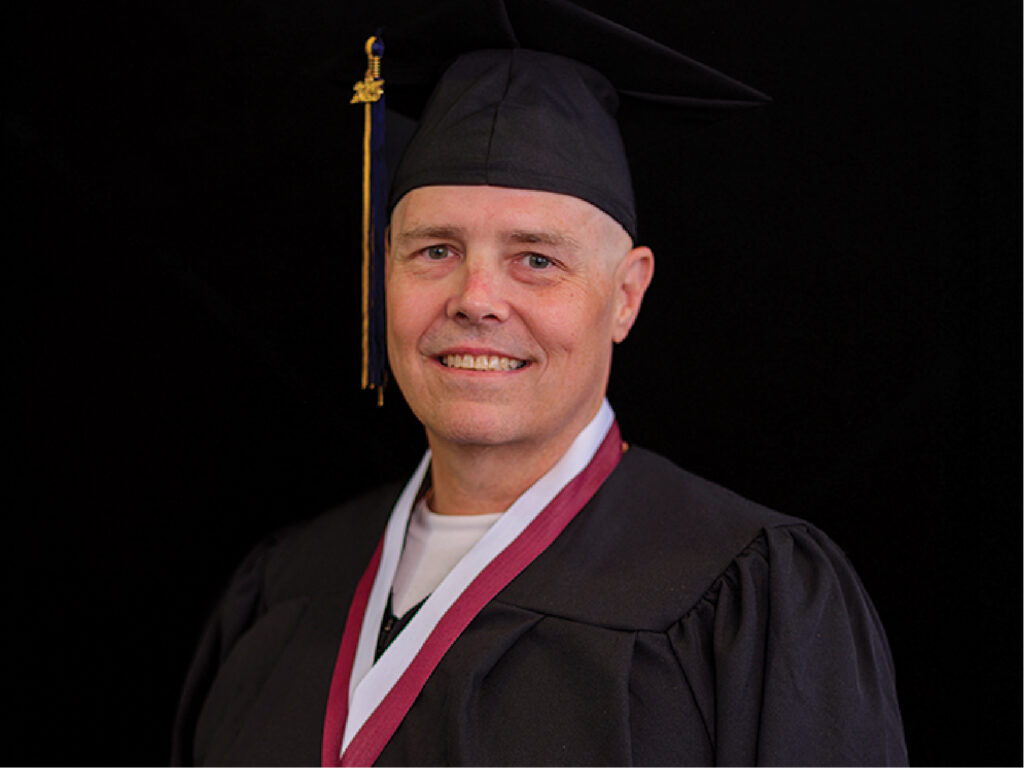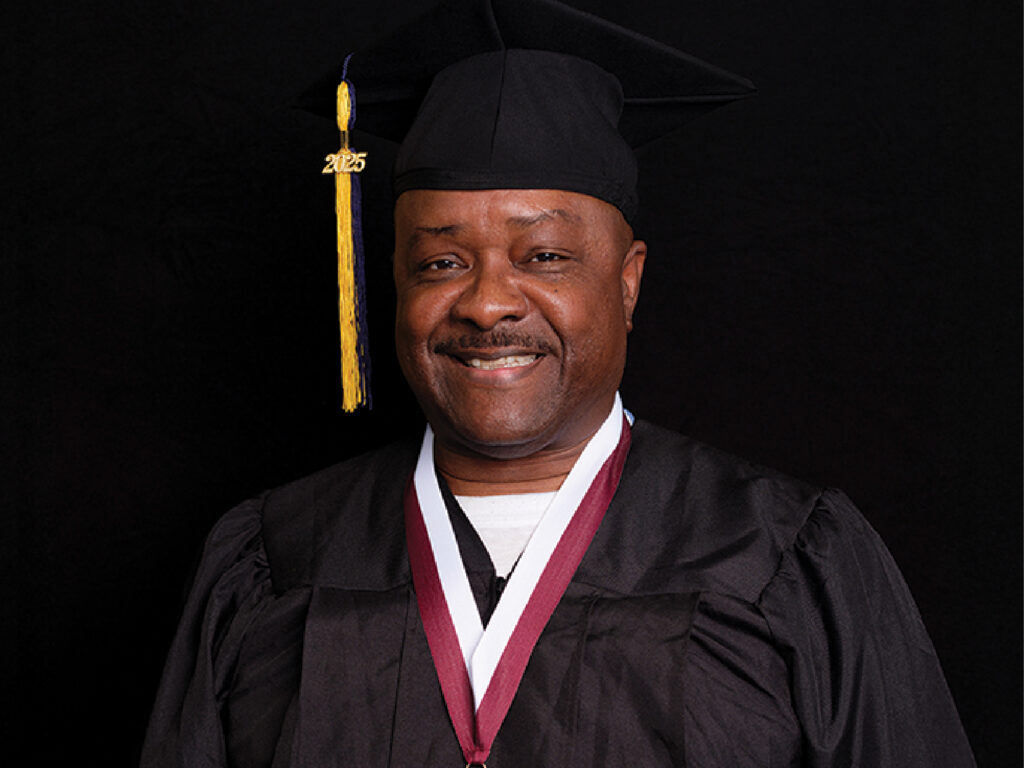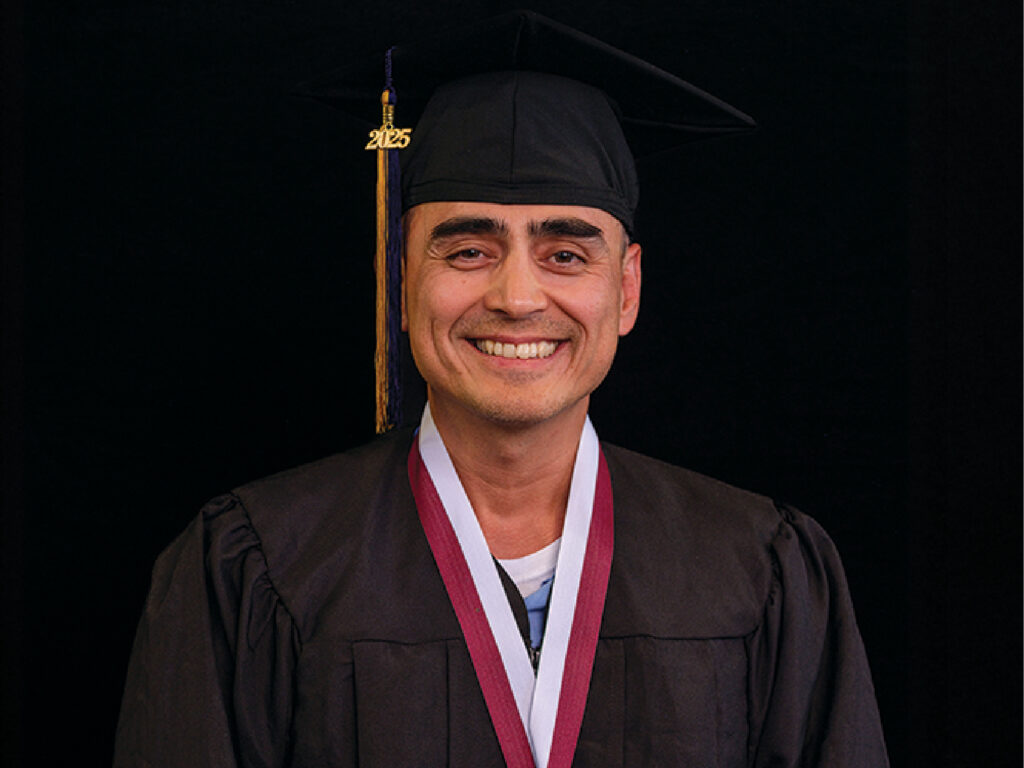Lil Treal died December 15, 2012. Where a man should always be buried by his son, instead there I was, burying my son. He was a 17-year-old football star, a senior in high school with a 3.8 grade point average, when he was murdered by another Black kid. He had promised his mom and I that he was going to get his GPA up to a 4.0 before he graduated.
He was my Junior. He was my journey.
Nine years later, Lil Treal would have been 26 this year, and I sit here inside San Quentin. The pain still exists but now I can live with it. I don’t think it will ever go away, but I want others who have lost a child to know that there’s a way to live with it.
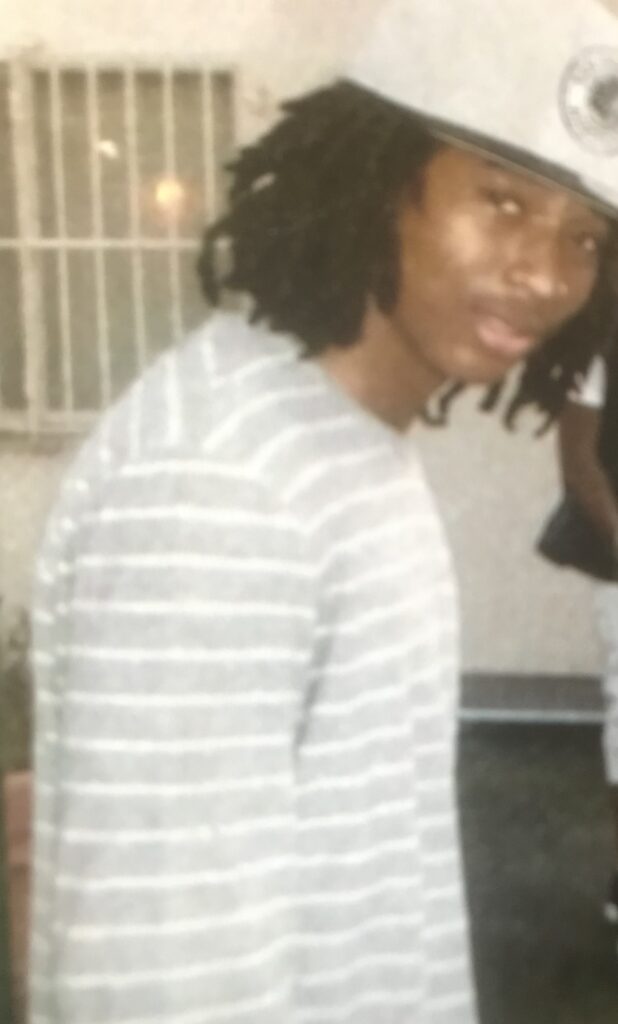
I tell you my story because I don’t want other parents to cry Black Tears too.
When Lil Treal was born, I cut the umbilical cord. The day that I lost him, I lost something inside of me. Today I still can’t express to you fully what I’ve lost. Did I lose me, did I lose my breath, did I lose my vision?
I’ve often been asked by people how I deal with it. I tell these people, it’s like being in the middle of a fire, and you’re burning up. You can’t outrun the fire. You can’t jump out of the fire. You can’t put the fire out. You accept the burning pain. You don’t want to cover up the pain. You live with the pain.
At times, I often wondered how it would be when I die, and the pain my death would cause for others. Sometimes I wish that I was dead, so I wouldn’t have to say that I buried Lil Treal.
After my son died, I didn’t dream any more. When I went to sleep it was just dark for years.
Black Tears: because my tears seem to be really black. Black Tears: colored black from darkness, depression. Black Tears: shared with other Black mothers and fathers who suffer from killings in our community.
Over the years, people have asked me to tell them how I felt when it happened, and I tell them that it’s difficult to explain because I can’t find the words to accurately portray the way I feel inside. It’s like I belong to an exclusive club that no one wants to be a part of.
Surprisingly, there are not too many people in prison who can fully empathize. It’s one of those situations where I can’t talk to anyone. I’m surrounded by hundreds of men, yet there’s no one I can talk to because not many fathers bury their 17-year-old and there aren’t many people who really care. A lot of fathers of children who die aren’t even around to cry Black Tears. When my son died, I had friends and family, yet it’s hard to talk about losing a part of you.
I tell this story from the point of view of a Black man who has lost a Black boy and who still cries Black Tears.
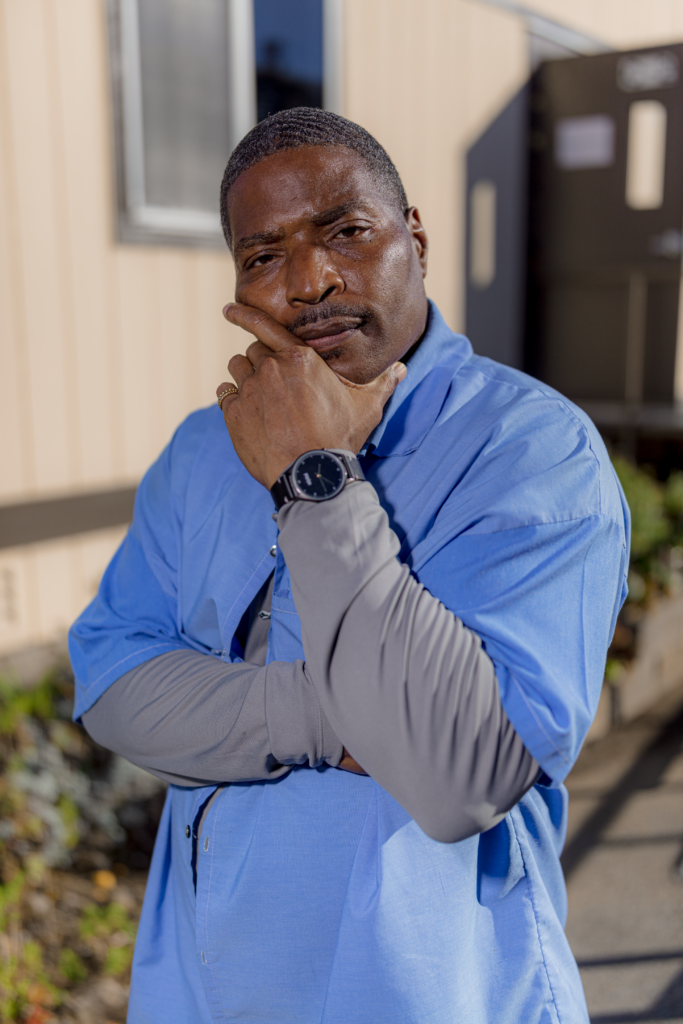
Montreal Blakely Sr. is just a man who has walked in many different pairs of shoes. A man that is trying to keep learning. A man that is trying to become a better husband, a better father, a better human. Montreal Blakely Sr. has created a foundation in memory of his son. For more information, please visit the site here.







